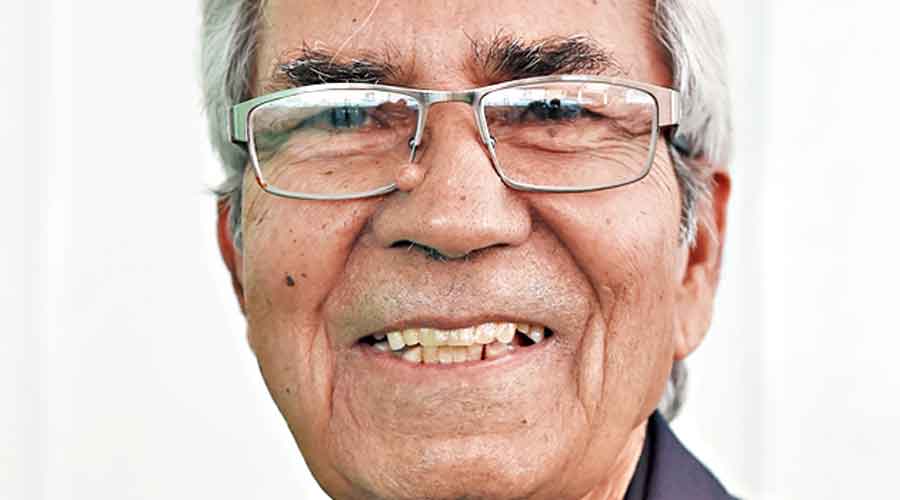“You know Zeeshan has been appointed coach of India’s Davis Cup team!” It was tennis guru Akhtar Ali at the other end, and the excitement in his voice was quite palpable, though a tad uncharacteristic, as he was by nature a calm and balanced person who seldom betrayed emotions.
That afternoon, Akhtar was over the moon as the Alis had become the world’s first father-son duo to have played Davis Cup as well as coached the national team in the premier team competition.
Even though Zeeshan had a decent playing career – he’s a seven-time National champion with a best ATP ranking of 126 – it was almost as if Akhtar had been waiting for the day when his son would follow in his footsteps as India coach.
Nothing could have enthused him more.
Akhtar’s first brush with tennis was at Saturday Club, where his father worked as a trainer. Short in stature, Akhtar made up for the lack in inches with a sharp game sense and willingness to guts it out. He rose through the ranks swiftly, winning the Junior National crown and making the semifinals of the Wimbledon boys’ championship. And before long, he had forced his way into the Indian Davis Cup team.
A steady but unspectacular career saw Akhtar playing eight ties over a span of eight years, before realisation dawned that he was destined to be a coach.
So even as his contemporaries Ramanathan Krishnan, Jaidip Mukerjea and Premjit Lall approached the peak of their playing career, Akhtar turned coach at the age of 27. A stint with Harry Hopman, arguably the greatest tennis coach of all time, prepared him for the long haul that was to define Akhtar’s journey.
“He turned out to be the Harry Hopman of India,” Jaidip reminisced about his friend of six-and-a-half decades, who breathed his last earlier this month.
Coach of the Indian Davis Cup team for a staggering quarter of a century, during which he guided players across three-four generations, Akhtar also worked with Vijay Amritraj at Wimbledon and travelled with Ramesh Krishnan and a team of youngsters on the tennis circuit.
“He helped me during my first appearance in the junior Wimbledon championship in 1959… he had already been through that path and had graduated to the seniors,” Jaidip recalled.
A great motivator and good raconteur, Akhtar’s endearing and jovial nature appealed to all. A no-nonsense coach, he would follow the basic drills with his wards day in and day out, without fail.
“He was polite but straightforward, and could tell people straight on their face if they were going wrong and what they needed to do,” Jaidip said.
In his first year as Davis Cup coach, Akhtar made his presence felt in India’s famous win over a strong Brazil side in the Inter-Zonal final at South Club. After the teams split the two singles on Day 1, Akhtar convinced senior pro and playing captain Ramanathan Krishnan to pick Jaidip as his partner in the crucial doubles rubber.
Ramanathan and Jaidip went on to win a marathon five-setter, paving the way for the former to seal the tie with another hard-fought win in the decisive singles against Thomas Koch.
“Krishnan wasn’t sure about fielding me in doubles, but it was Akhtar who coaxed and cajoled him to put me in. He was a keen observer and had a good eye,” Jaidip said.
Once he was relieved of national duties, Akhtar took up coaching assignments in Malaysia and Belgium, before starting a camp for budding talents at South Club, his second home.
“He had a lot of patience for anyone and everyone… he was willing to listen to their problems and try to find a solution,” Jaidip waxed eloquent on the man he considers as India’s best tennis coach.
Despite being recommended for the Dronacharya award by the national federation, Akhtar wasn’t considered good enough for the honour by the government panel.
“Akhtar definitely deserved the Dronacharya… I hope he is honoured posthumously,” Jaidip wished, echoing many in the tennis fraternity.
The writer is a former sports editor of the Times of India











